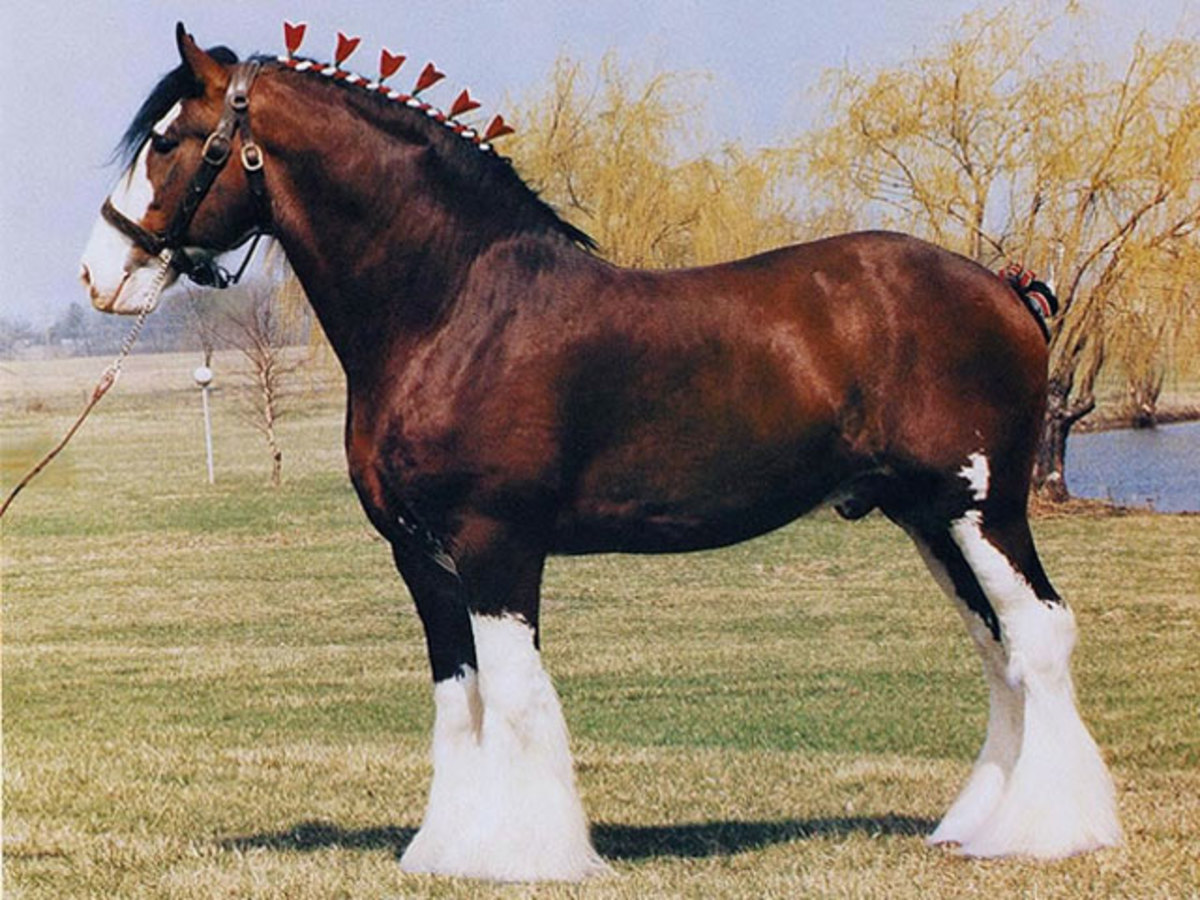Equine Purchase Exam Before Buying a Horse

Buying a new horse involves several logical steps to insure a sound economic investment. One step often overlooked is the pre-purchase inspection performed by an accomplished equine veterinarian. This investment will greatly improve your chances of selecting a horse that will suit your needs.
Every purchase exam performed by a veterinarian is different, and depends on the intended use of the horse. Deciding how brief or extensive this exam will be requires clear communication between you and your veterinarian. Some basic guidelines for a purchase exam include:
- Choose a veterinarian who is familiar with the breed and use of the horse under inspection.
- Explain to your veterinarian your expectations and goals (both long and short term) for this horse.
- Ask your veterinarian what procedures he/she feels should be performed and why. Don’t be afraid to ask questions about your veterinarian’s findings.
- Establish how much the examination and ancillary procedures will cost.
- The buyer and seller should both be present at the purchase exam.
- Discuss the results of the exam with your veterinarian in private.
There is no pass or fail grade for an exam. Your veterinarian can provide you with information on an existing medical problems, physical condition, and conformation, and explain how these may affect the horse’s performance. No matter how comprehensive the examination is, it will only provide a picture of the horse’s health on that given day. The information obtained can be very valuable in that it may help you avoid buying an unsuitable horse, saving disappointment and money in the long run.
A preliminary exam may alert your veterinarian to potential problems. He or she may recommend further tests such as X-rays, nerve blocks, laboratory analyses, endoscopy, ultrasonography, and others. These tests may provide a better picture of the seriousness of the horse’s problem. Rely on your veterinarian’s judgment if these exams are necessary.
When you discuss the final results with your veterinarian, remember that no horse is perfect, some problems are manageable, and the cost of managing a problem may or may not be within your budget. Make a balance sheet of pros and cons, weighing what you like about the horse against what you don’t like. Decide what attributes are important to you, and make the decision. A purchase exam by a veterinarian can provide valuable information for an informed choice.








